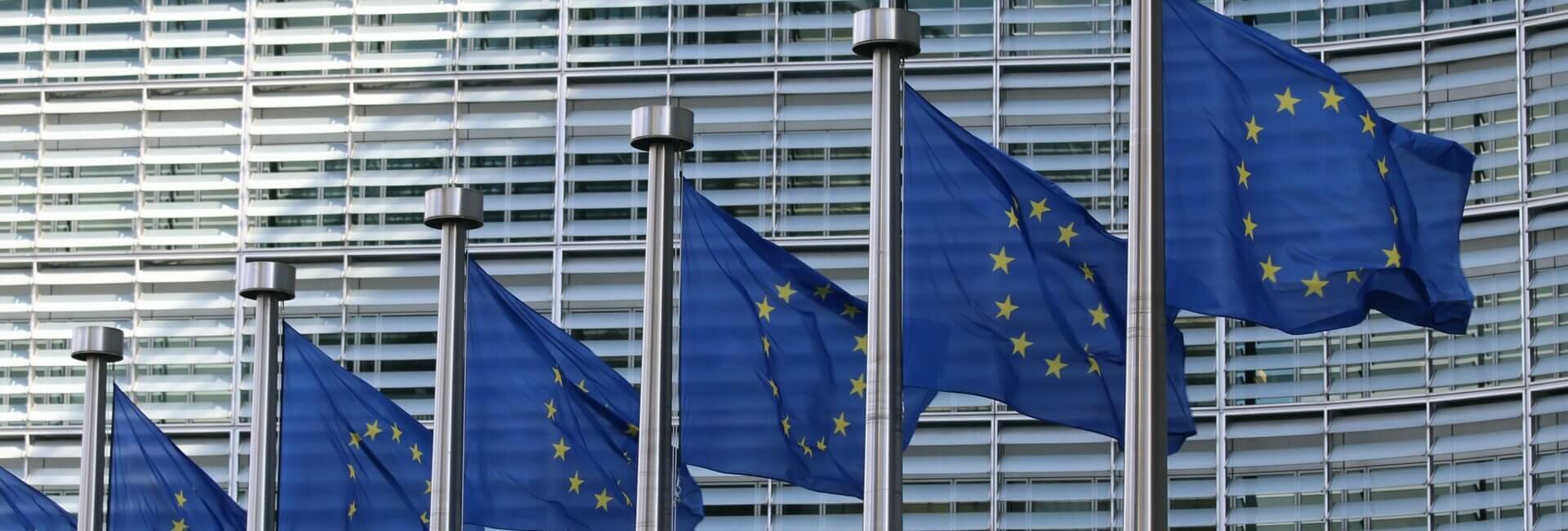
Latest News.
EU Commissions call for evidence – A new framework for standard-essential patents
The EU Commission has published a call for evidence for an impact assessment on 14 February 2022. With the public consultation, the Commission seeks views from stakeholders on various SEP-related issues.
The Commission had already announced in its 2020 “Intellectual Property Action Plan” that it would develop proposals to promote transparency and predictability in SEP licensing through a possible reform of the SEP licensing system. Accordingly, a corresponding reform was to be based in particular on the concept developed in the Commissions Communication on “Setting out the EU approach to Standard Essential Patents“ from 2017.
The Commission is now seeking the views of the public and stakeholders. This, together with the case law of the European Court of Justice on the handling of standard-essential patents and various studies, will feed into an impact assessment. On this basis, the Commission intends to prepare a legislative initiative, possibly in combination with non-legislative measures. This is because the Commission wants to work toward recalibrating the EU patent law to strengthen the patent system and promote the EU’s green and digital transformation. In doing so, the Commission is also looking ahead to the upcoming launch of the unitary patent system. According to Art. 20 UPCA, the Unified Patent Court will apply Union law in its entirety and respect its primacy. Accordingly, it will apply any European legislation, whereas efforts at national level will not have any direct effect on unitary patents.
Against this backdrop, the Commission seeks to address a key problem it has identified: inefficient licensing of SEPs, including “hold-up,” “hold-out,” and “forum shopping.” As the Commission puts it, it sees these problems stem from insufficient transparency and predictability, the uncertainty about FRAND terms and conditions, and the high enforcement costs and inefficient enforcement.
The Commission does not formulate any concrete measures. However, from the call for evidence and the corresponding questionnaire for consultation, one can conclude that there are certain focal points. In any case, the Commission seems to want to initiate a regulation. It also sees a clear need for action at EU level. This is especially with regard to licensing and enforcement since measures at the member state level could lead to different interpretations. It therefore wants to achieve the best possible balance of interests at EU level, especially with regard to the unitary patent.
The Commission identifies three main points as concrete policy options:
1. Improvement of transparency
In this regard, it sees the possibility of creating an obligation to disclose and update certain information. Already in 2017, the Commission had called on standardization organizations to ensure that databases provide detailed, up-to-date information on SEPs that is easily accessible to the public. The Action Plan also takes up this point and considers the use of new technology, such as blockchain technology, for this purpose.
In addition, the Commission would like to have the standard essentiality assessed by independent third parties in the future.
2. Initial clarification on various aspects of FRAND
Furthermore, the Commission is considering the development of “guiding principles and/or processes for clarifying the concept of FRAND”, “negotiating FRAND terms and conditions” and “determining appropriate level(s) of licensing in a value chain”. Here, a corresponding reform proposal should be of particular interest. The European Court of Justice was unable to comment on the question submitted by the Dusseldorf Regional Court as to whether a company can raise the abuse objection against SEP holders because they do not license companies in the supply chain. This question of the licensing level is therefore still open today.
3. Improving the effectiveness and efficiency of enforcement.
Finally, the Commission plans to create further incentives for mediation, conciliation, and arbitration. In its 2017 communication, the Commission refers to the planned arbitration and mediation center of the Unified Patent Court. However, the Commission does not indicate what such incentives should look like. Likewise, it is not immediately apparent how this aspect is consistent with the goal of improved transparency.
In any case, things remain exciting around the subject of SEP. According to the EU Commission’s timetable, we can expect the next step as early as the fourth quarter of this year. Based on the impact assessment, the Commission will develop an initiative. It will probably (also) propose new EU law.
Accordingly, all stakeholders should participate in the consultation. Only in this way can the Commission recognize and take into account all points of view. The Commission will thus seek a way to ensure that patent holders are adequately remunerated while at the same time allowing the economy and society to benefit from the technical achievements of our time.
Feedback and consultation period end on 9 May 2022.
Dr Katharina Brandt
